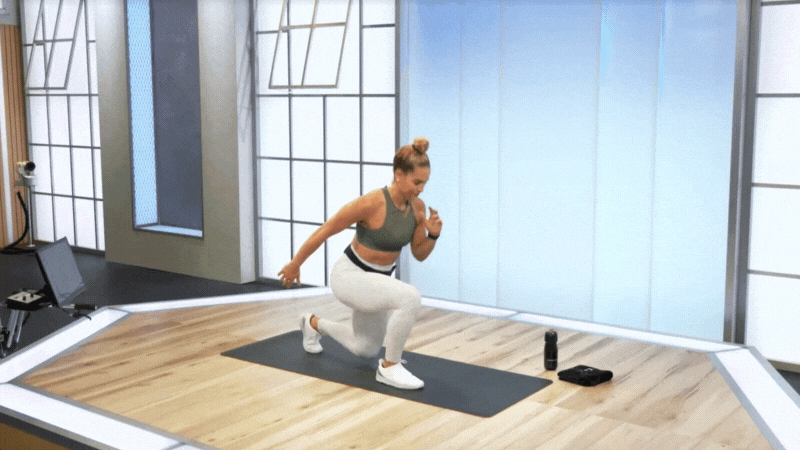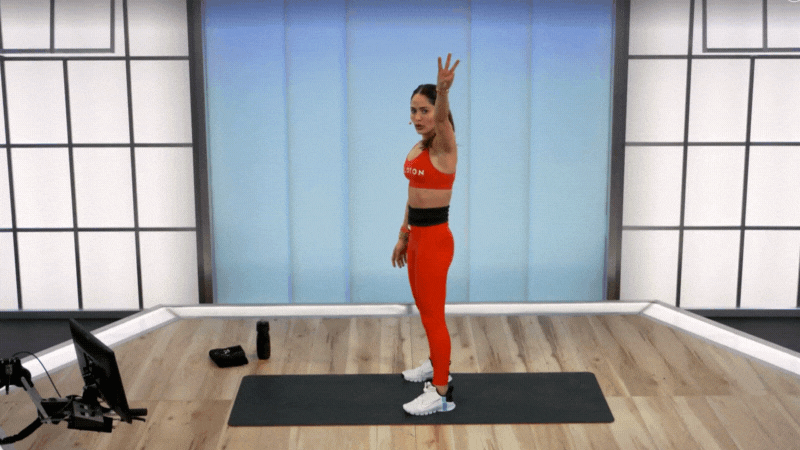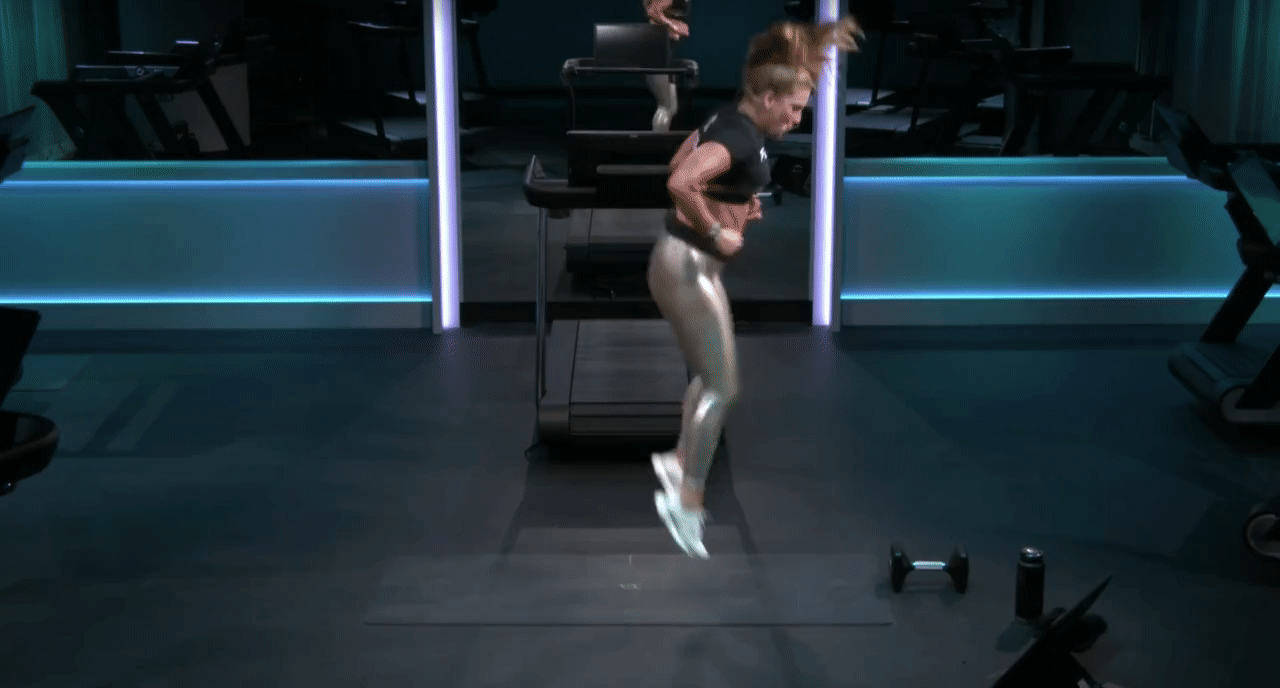
Why You Should Make Time for HIIT Workouts
Adding tougher, shorter exercise sessions to your routine can boost your overall fitness.
By Eric Arnold•
Dr. Aimee Layton was once a competitive cyclist. At the time, HIIT (high intensity interval training) didn’t play much of a role in her race preparations. But she now tries to fit three of these challenging cardio workouts into her weekly exercise routine—and it’s made a huge difference to her health.
“HIIT workouts give you different benefits than a steady-state, lower-intensity workout,” she says, and she understands this better than most. She’s Co-Director of the Pediatric Cardiology Cardiopulmonary Exercise Laboratory at Columbia University, as well as a member of the Peloton Health & Wellness Advisory Council.
All activity is good for your heart. But HIIT efforts can be especially impactful—even if your sessions are only 10 or 15 minutes long. In fact, while there’s still plenty to learn, research has shown that HIIT workouts can help improve your overall cardiometabolic health.
Here’s a look at how and why these short, intense bursts of activity can have long-lasting benefits.
1. You’ll Build Efficiency and Resiliency

Short HIIT workouts will train your body for different situations, Dr. Layton explains. By doing both HIIT and longer workouts, you condition your muscle cells to use different types of energy sources for the different types of workouts—which also makes you stronger over time.
2. HIIT Makes the Heart Grow Stronger
During moderate, steady exercise, your heart works at 40 percent to 60 percent of your predicted maximum. During a HIIT workout, you’re at 80 percent to 100 percent, which gives your heart a very specific type of workout. So on your next ride or run, “your heart will be a little bit stronger, and you will potentially be able to do more work at a lower heart rate,” says Dr. Layton.
3. You’ll Lower Your Resting Heart Rate and Blood Pressure

During a HIIT session, your muscles’ powerful contractions push more blood into your heart, which then beats harder; you’re training your heart to push more blood with each contraction. Later, when you’re going about your day, your heart won’t need to beat as often to circulate the blood your body needs.
HIIT workouts also help expand your arteries for more blood flow. More blood in wider arteries means a lower BP. But there’s another benefit: With more blood flowing, plaque stuck to artery walls can be cleared out, which reduces the risk of heart attack or stroke.
4. Expect Better Cardiorespiratory Fitness
Your muscles produce more lactic acid during a HIIT workout. As your liver breaks down lactic acid, it’s converted into water and carbon dioxide—you breathe harder to get rid of it. So your heart and diaphragm get more exercise and, ultimately, stronger.
How to Fit HIIT Workouts Into Your Routine

Despite all these benefits, don’t go HIIT crazy. Attempting more than a few HIIT workouts per week can lead to overtraining or, worse, injury. So it’s important to make HIIT part of your routine, not your entire routine.
Dr. Layton, for example, mixes strength, stretching and endurance or recovery rides in with her HIIT classes. “What works for you is dependent on your goals, stress level, sleep and life-long activity level,” she says. Mix things up, and “discover what suits your body.”
Ready to experience these benefits? Try a HIIT class on the Peloton App!
